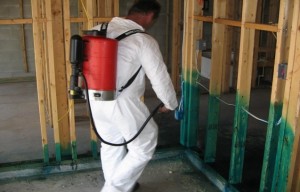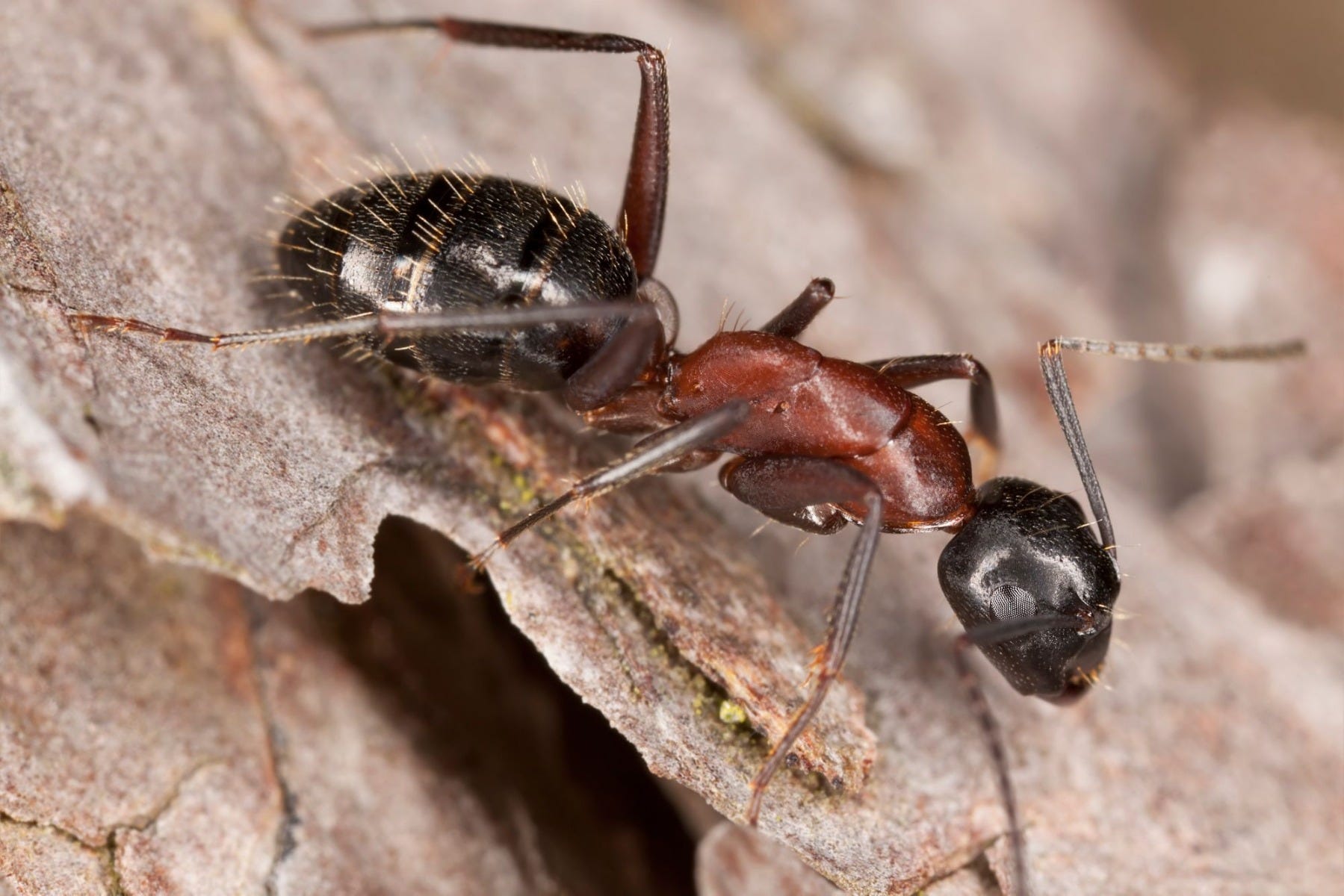Specialist Termite Control Services: Guard Your Home from Termite Damages
Environmental Influence of Bug Control: Harmonizing Effectiveness With Sustainability
The ecological influence of bug control is a critical concern that needs a fragile balance between attaining efficiency in managing parasites and making sure sustainability of our ecological communities. As we aim to protect our crops, homes, and health from the dangers positioned by parasites, the techniques we use can inadvertently damage the atmosphere. From using dangerous chemicals that seep into our dirt and water to the unintentional effects on non-target species, the effects of conventional pest control techniques are far-ranging. Nevertheless, there are arising techniques that offer wish for a more sustainable strategy to pest management. These remedies not just objective to attend to the prompt pest issues but also take into consideration the long-term health of our world.
Harmful Chemicals in Pest Control
The application of unsafe chemicals in insect control postures significant environmental and health risks that warrant careful consideration and mitigation techniques. Chemicals, pesticides, and herbicides are typically used to eradicate pests, but their extensive application can result in unintentional consequences. These chemicals can infect dirt, water resources, and the air, impacting not just the targeted pests yet likewise advantageous insects, wild animals, and people.

To address these risks, integrated pest management (IPM) strategies are being advertised as a much more lasting option. IPM includes a mix of techniques such as biological control, habitat control, and the targeted use of chemicals as a last hotel (ant control waxhaw nc). By adopting an all natural strategy to pest control, we can lessen the ecological and wellness influences connected with unsafe chemicals while successfully managing pest populaces
Effect On Non-Target Species
Thinking about the unexpected effects of pest control techniques, the influence on non-target types is a critical aspect that calls for thorough evaluation. While pest control actions aim to target details parasites, other microorganisms in the community might be accidentally impacted. Non-target species, consisting of helpful insects, birds, creatures, and even plants, can experience direct or indirect damage from chemical applications or biological control approaches.
Pesticides made to battle a particular insect pest may hurt pollinators like bees or natural killers such as ladybugs. Organic control agents, if not species-specific, can posture risks to unintentional targets, interfering with the ecological equilibrium.
To mitigate the effect on non-target types, integrated insect management (IPM) techniques that emphasize a holistic technique to pest control are advised. These approaches focus on using ecologically friendly practices, reducing damage to valuable microorganisms while properly handling pest populations. Conducting detailed threat analyses and monitoring the end results of bug control efforts are essential actions in guarding non-target varieties and promoting total environment health.
Dirt and Water Contamination
Unplanned environmental consequences of parasite control techniques expand past affecting non-target species, with substantial implications for dirt and water contamination. Pesticides, herbicides, and chemical plant foods made use of in insect control Web Site can seep into the soil and infect groundwater, posing a threat to both water and terrestrial ecological communities. Soil contamination can disrupt the equilibrium of microorganisms essential for nutrition biking and plant growth, causing lowered soil fertility and performance. These chemicals can continue in the environment for extended periods, collecting in the soil and possibly going into the food chain.
Water contamination is one more critical concern related to insect control methods. Overflow from agricultural areas treated with chemicals can bring these chemicals into close-by water bodies, impacting water microorganisms and water high quality. Pollutants in water resources can have far-ranging effects, influencing not just marine life yet additionally human wellness via the intake of polluted water or water microorganisms. To alleviate dirt and water contamination from parasite control tasks, incorporated insect administration methods that prioritize sustainability and lessen chemical inputs are essential.
Air Contamination From Pesticide Usage
Exposure to airborne chemicals throughout agricultural applications postures a substantial issue for air pollution control actions. They can volatilize right into the air and type unstable natural compounds (VOCs) and various other airborne toxins when chemicals are sprayed onto plants - ant control. These chemicals can contribute to the development of ground-level ozone, a major component of smoke that can have harmful results on human health and wellness, plant efficiency, and overall air top quality. Additionally, chemical drift, where chemicals are brought by the wind to unintended areas, can bring about the contamination of close-by ecological communities and water bodies.

Approaches for Sustainable Insect Control
In the realm of farming techniques, implementing sustainable insect control methods is extremely important for maintaining environmental balance and securing plant returns. Lasting pest control emphasizes making use of eco-friendly approaches to manage pest populations successfully while minimizing damage to non-target microorganisms and ecological communities. Integrated Pest Management (IPM) is an extensively taken on approach that incorporates organic, social, physical, and chemical control techniques to accomplish long-lasting pest management options.
Crop rotation and diversification are additionally efficient strategies to interrupt pest life cycles and create much less favorable conditions for parasites to flourish. Inevitably, by integrating these lasting insect control approaches, farmers can achieve a balance in between pest management efficiency and ecological stewardship.
Conclusion
Finally, the environmental influence of pest control techniques have to be very carefully considered to balance efficiency with sustainability. Hazardous chemicals utilized in pest control can result in dirt and water contamination, air contamination, and injury non-target species - termite control services. It is important to carry out lasting pest control methods to decrease these adverse effects on the environment and promote a much healthier ecosystem for future generations
By adopting an alternative technique to pest control, we can decrease the ecological and wellness impacts associated with dangerous chemicals while properly taking care of pest populaces.

To reduce the air contamination created by chemical use, it is essential to take on integrated bug management approaches that prioritize the use of non-chemical parasite control methods, such as plant turning, natural predators, and immune plant varieties. Lasting parasite control emphasizes the use of eco friendly approaches to take care of parasite populaces successfully while minimizing damage to non-target organisms and ecosystems. Integrated Parasite Administration (IPM) is an extensively taken on method that combines biological, cultural, physical, and chemical control approaches to attain lasting pest administration options.